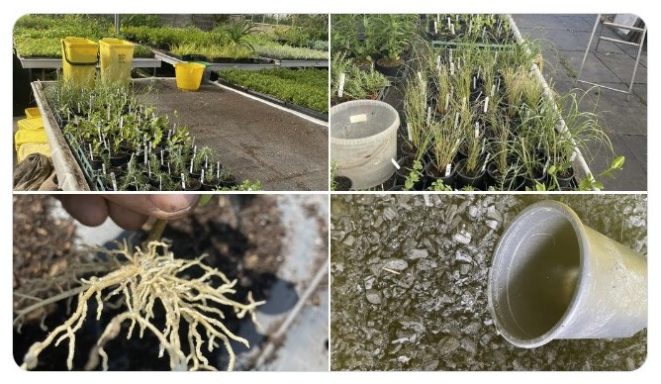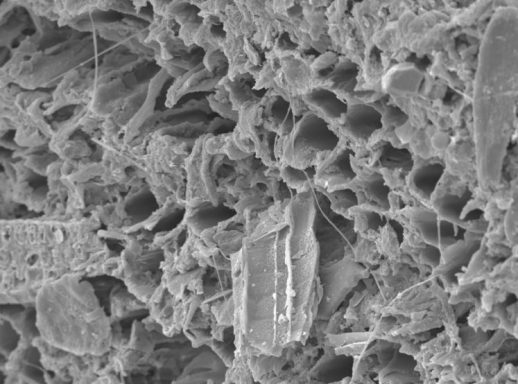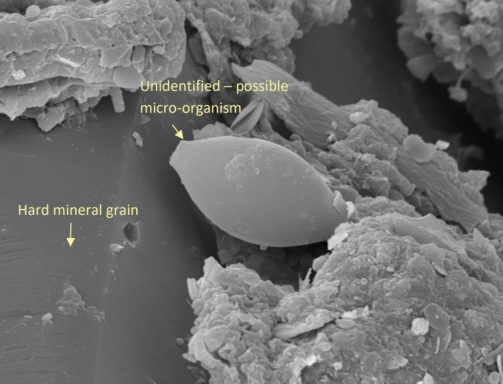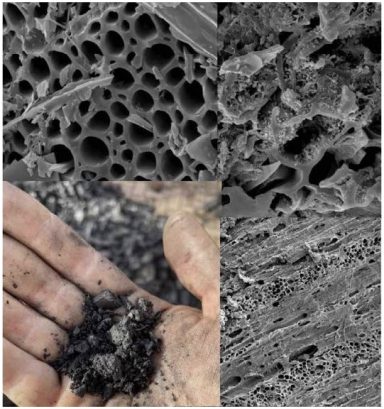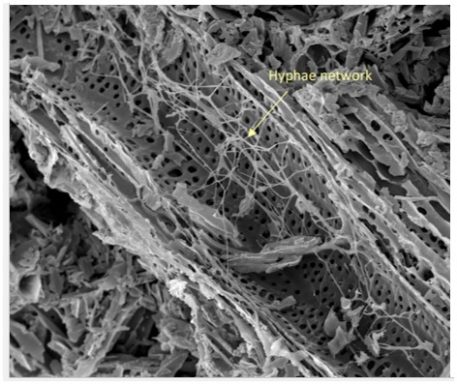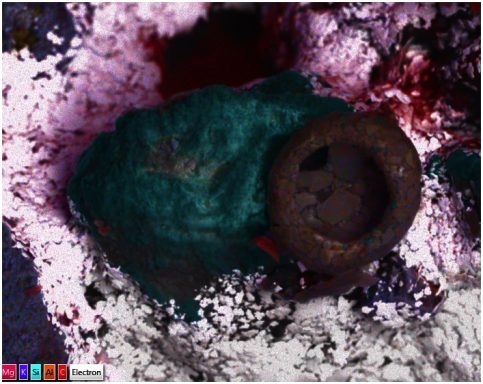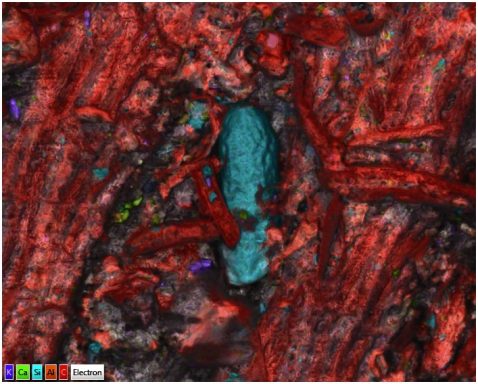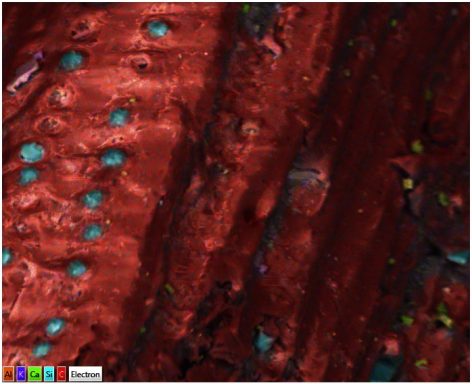Biochar Projects



What Is Biochar?
Biochar is pyrolyzed organic matter roasted at temperatures above 450/500 degrees with limited oxygen. All elements are separated by pyrolysis except the carbon which remains, full of empty chambers from the xylem and phloem vessels that formed in the plant/tree. We’re using clippings from the nursery, hedge cuttings, ash dieback from locally managed woodland and fields. It’s wood that instead of being left to rot on the ground releasing methane, or burnt on a bonfire releasing CO2, can be baked, crushed and put back into the soil to enhance biological processes and lock up and sequester precious carbon.
Once in the ground biochar does not degrade, so it will sequester carbon for hundreds of years. It also provides support for the formation and stability of colloidal humus.
From a carbon capture perspective for every tonne of wood made into biochar it removes 3.67 tonnes of CO2e from the atmosphere.
If you look at the physical structure of biochar under a microscope, you’ll see an extraordinary moonscape of holes. This structure (like a sponge) means that biochar has excellent properties for holding large amounts of nutrients/water and provides a perfect habitat and safe hiding places for beneficial soil microbes. Microorganisms interact with the plant root to enhance their nutrient uptake capacity, so supporting growth, health and resilience. Biochar when mixed into soil or compost lightens the consistency and provides aeration and drainage.
It is especially effective in our challenging and changing weather conditions as it absorbs moisture preventing leaching and slowly releases it when needed in hotter times.
To purchase our biochar starter packs, click here
Intro into how we make our biochar, click here
Trimplants has been incorporating biochar into our operations for the past 18+ months.
We’re running several trials for a variety of plants using different mixes and percentages of biochar/compost, in both trays and are incorporating it into pots as the plants are prepared to leave the nursery. We’re finding it an extremely valuable additive to our compost mix for our young plants. We’ve even experimented with planting seeds directly into biochar instead of our usual local sand! We’re noticing that it supports much stronger root growth and plants are more vibrant.
In future, if you are planting a shrub, climber, herbaceous plant, flower or perennial that comes from Trimplants, you’ll be creating a habitat for beneficial microbes and sequestering carbon in your soil for hundreds of years.
How is Trimplants Using Biochar?

We’ve been raising awareness about biochar’s valuable role in soil regeneration locally and working closely with researchers from Plymouth University/Low Carbon Devon as well as farmers, growers and gardeners across the local community.
Our packets of biochar contain 100% organic biochar and must be enriched before use by soaking in compost tea, fertilizer or mix with worm casting, your compost or green waste. Each packet of biochar contains around 2,5 litres.
Help rejuvenate your soil little by little!
Biochar and forever chemicals (PFAS)
Biochar: A sustainable solution to managing PFAS (forever chemicals)
and emerging contaminants in runoff/stormwater amid rising rainfall
and climate change pressures
Biochar’s porous structure works like a sponge, capturing toxins such as PFAS. By locking in these harmful chemicals, biochar creates a stable environment that supports microbial activity, further breaking down pollutants and improving the treatment of contaminated water. This dual action of absorption and microbial support makes biochar a highly effective tool for reducing PFAS and other contaminants in stormwater.
Incorporating biochar provides a nature-based, cost-effective solution for enhancing water quality protection.
Biochar's large surface area prolongs its lifecycle, and post-treatment biochar can be regenerated through pyrolysis, which destroys PFAS at 360°C.
This makes biochar a more sustainable and affordable alternative to expensive activated carbon and resins, excess biomass like animal manure can be used as the biochar feedstock for PFAS removal and beneficial reuse.
It can be used around storm drains, in rain gardens, storm ponds, bioswales, bioretention basins, green roofs, sequestering carbon and reducing contamination in our waterways.
GISS Project
As part of our GISS research project with Plymouth University and thanks to PEMC, we've been able to see the amazingly intricate structure of biochar and understand more about inoculations and microbial systems.
We've also sequestered over 8,000kg of CO2e.
Plymouth University/ Low Carbon Devon Partnership

Trimplants over the past few years has developed a close relationship with Plymouth University/Low Carbon Devon researchers involved in developing Green Thermal Walls. They initially purchased plants from Trimplants for their green wall installations, choosing those that had good thermal capability and would thrive within the hanging structures.
The successful project has shown thermal capacity to be over 30% (similar to a cavity wall) and an excellent solution for insulating older buildings. Green walls are important for aesthetics in towns and cities and will play an increasingly important role in (ever warmer) built up environments, nurturing local ecosystems and reducing heat from concrete deflection.
Biochar has subsequently been added to the thermal green wall research installations. Findings show that its’ excellent moisture retention capability supports the health and resilience of plants (and may reduce watering requirements) and also increases the thermal capacity. We plan to run more trials on optimum levels of biochar/compost mixes for particular plants, moisture retention levels, CO2 absorption, microbial properties, strength of root systems and carbon sequestration in green walls and small spaces.

We’ve set up a new trial in a grass field, where we’ve dug out a couple of long strips and filled them with a mix of biochar and slurry. Over time we’ll see if there’s any change to the soil biology and whether there’s any impact on the nutritive value of the grass. Farmers have been trialling biochar in stables, cattle feed, animal bedding, reducing methane levels, smell and encouraging microbial activity in the cow’s stomach.
We are also delighted to be working with Matt at Western Geo Build and have been supplying him with biochar for his green wall installations.
We hope to extend our biochar trials with partners over time and investigate its’ ability to absorb:
- Pollutants from road run off, streams, water systems
- Nitrates/phosphates from slurry, animal bedding, gases from poultry sheds
- Phosphates from contaminated soil
We also want to learn more about the interaction of biochar with microbial and fungal networks and analyse whether increases of microbial activity at the root level, change the nutritive value of a leaf/plant.
One important thing to keep in mind, Biochar should NOT be made from plants that are poisonous or which give off toxic fumes when burnt - like laurel! Some may retain arsenic and other harmful chemicals that you would not want to use for growing your vegetables!

Biochar Trials Across Our Community
Trials in our own kitchen garden and with other local gardeners show a huge difference in yield and size of lettuce, beetroot, carrots, radish to name a few, using a 10% mix of biochar, 90% compost mix.
We’ll be continuing more trials this year with our wider Eco Hub community.

We organise a variety of workshops and biochar days, bringing people across the Blackdown Hills and beyond together to share their vast experience, building new connections, forging friendships and working together to build community resilience.
We're starting a community food growing group in March 2023. Come and join us create our own food security, get some fresh air, exercise and hang out with lovely people.
Workshops and Biochar Days
© Copyright Trimplants for all photos, videos used on the site Written permission is required for use. All rights reserved.
We need your consent to load the translations
We use a third-party service to translate the website content that may collect data about your activity. Please review the details in the privacy policy and accept the service to view the translations.

